Museum of Unruly Children
Dubuque, IA
Jul 3, 2008
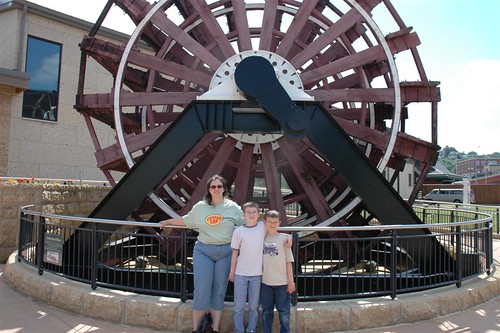
Our destination in Dubuque was the National Mississippi River Museum and Aquarium. It has some relationship with the Smithsonian, and seemed fairly new. It has a little bit of everything, from a steam dredge that you can tour to boat launches to aquariums and interactive exhibits. 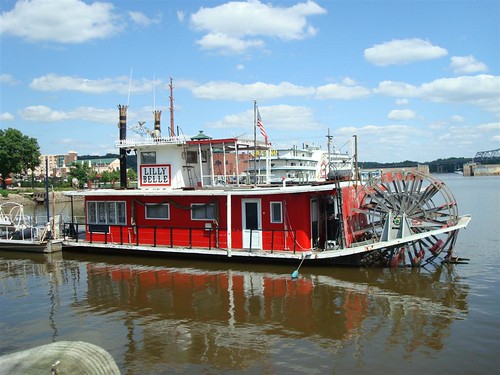
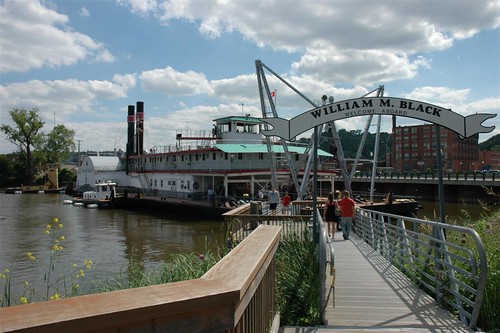

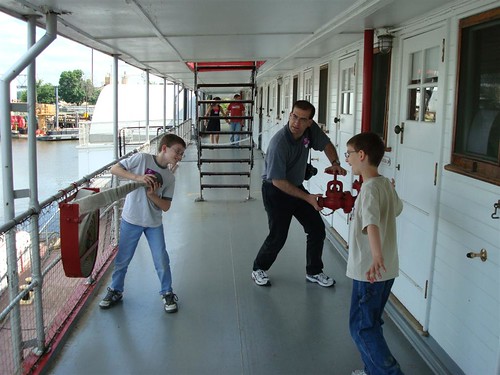
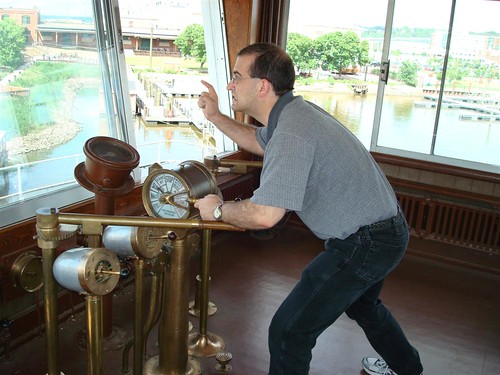
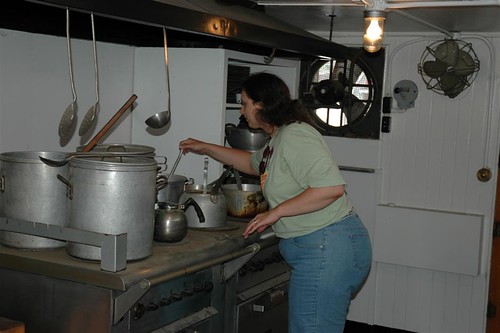
The museum wasn’t very busy, as we were there rather late in the day. We enjoyed the aquariums and exhibits on the lower level and the movie about the Mississippi. The movie theater included strobe lights, shaking seats, and dry ice effects, which added to the movie experience. The dry ice, though, got a little bit ridiculous, and we left the theater thinking that whoever designed it must have thought that dry ice evaporating was about the coolest thing ever. Not that, as Katherine conceded, she wouldn’t have a tendency to overuse a ready availability of dry ice. 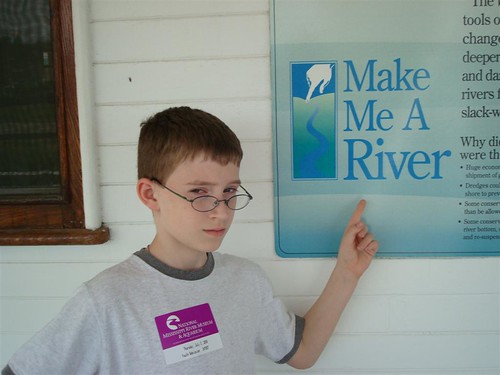
The upper level of the museum had a number of interactive exhibits, including a chance to try steering a virtual barge out of a lock. There was also a special exhibit of poisonous insects and snakes, which we all enjoyed. 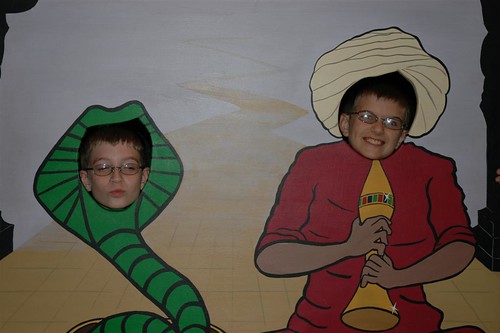
We noted that—nature shows to the contrary—most of the snakes featured are pretty non-aggressive, and mostly want to be left alone. Some of these we had seen on several different “wild” nature shows, made to look mean and antagonistic. This led to quite a good discussion. 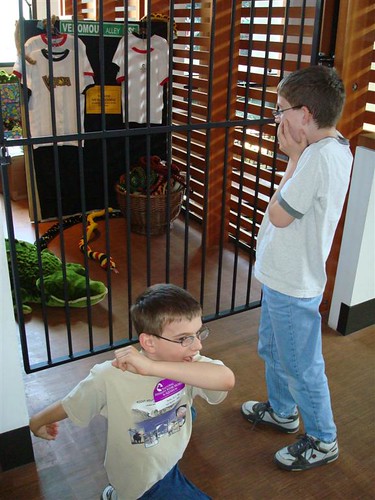
It was in this exhibit that we entered the Realm of Unruly Children, including a girl who was screaming under the snake exhibit because she didn’t want to leave. The barge-steering exhibit had been overtaken by three or four unaccompanied pre-teens who proceeded to bang around the controls and fight amongst themselves. Despite the noise, no parent appeared, and the last we saw a museum worker had gone into the room to try to keep them from destroying the exhibit. 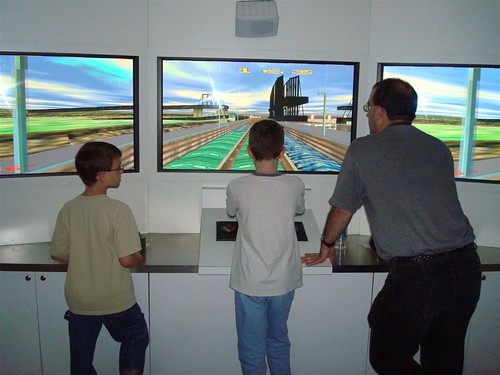
One observation that we’ve had the chance to make on this tip is that our children are—taken by and large—pretty well-behaved. Another observation was called to mind by the movie about the Mississippi, which pointed out that the Mississippi holds a special place in most Americans’ heart as the prototypical American river, having taken on an almost-mythical status. One reason for this is that the river cuts through so many cultures, stretching from Minnesota down to Louisiana before running into the ocean.
Like that mighty river, we observed, our trip has taken us across all types of different cultures and histories, really reinforcing why we prefer road trips to any other kind. Driving the backroads of America has allowed us the opportunity to eat where the locals eat and visit the monuments to what the towns value. No other form of travel allows this intimate inspection of our country’s regions and attitudes.